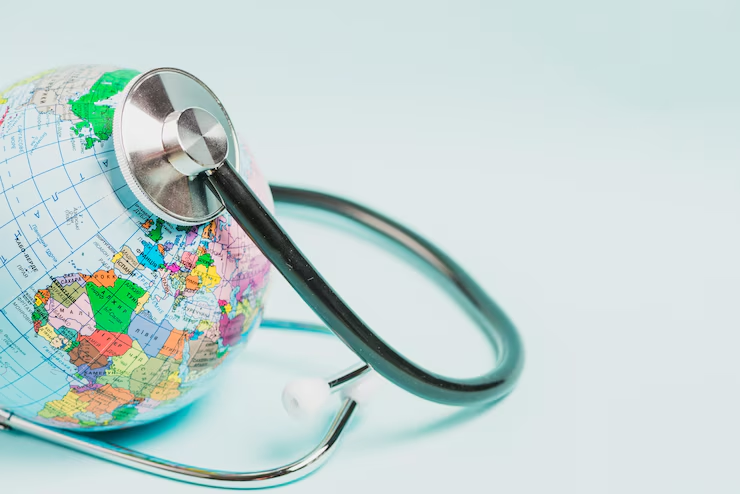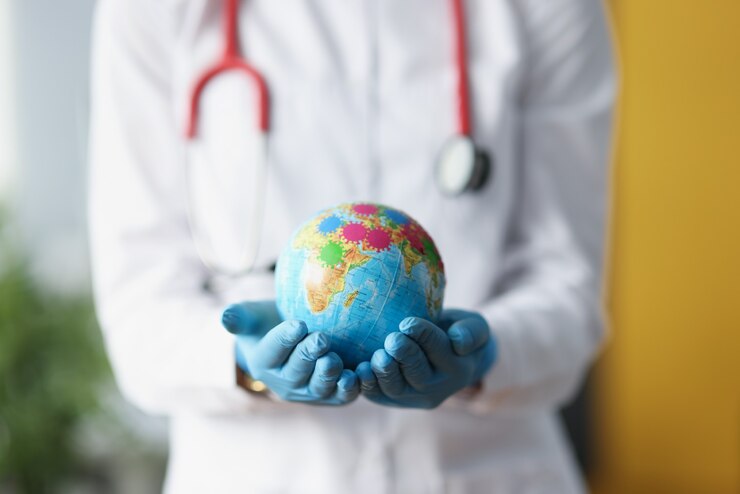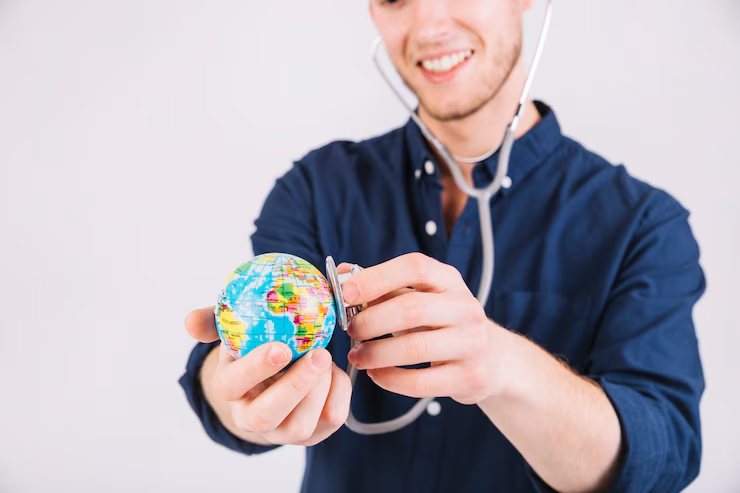Global Health
Global Contributions to Health Through Trials
Clinical trials are not just national efforts—they are a global endeavor. Conducted across continents, they unite the global medical community in a shared mission: improving healthcare for all. The diversity and collaboration embedded in these trials bring unmatched value to medical advancement.


Diversity in Data
Global trials involve participants from various ethnic, genetic, environmental, and lifestyle backgrounds. This diversity helps ensure that treatments and vaccines are effective for a wider population, not just a specific group. It also allows for the identification of how different communities might respond to therapies.
Collaborative Networks
International organizations like the WHO, the European Medicines Agency (EMA), and national health bodies work together to facilitate global trials. These collaborations:
- Standardize trial protocols
- Share data and findings in real-time
- Speed up regulatory approvals
- Improve resource allocation and infrastructure
Such cooperation was essential during the COVID-19 crisis and will continue to be in future global health emergencies.


Equitable Access to Innovation
By conducting trials in low- and middle-income countries, researchers can ensure that medical advances reach underserved populations. This approach also helps test treatments in regions where diseases are most prevalent, increasing the relevance of results.
Ethical Responsibility
Global clinical trials follow ethical guidelines laid out in documents like the Declaration of Helsinki. These ensure that participants are treated fairly, risks are minimized, and informed consent is always obtained.


Building Local Capacity
Hosting international trials helps build scientific infrastructure and research capacity in developing countries. It encourages knowledge transfer, provides training, and lays the groundwork for future innovation in those regions.
Conclusion
Global contributions to clinical trials exemplify the best of international cooperation. They make medicine more inclusive, equitable, and effective, showing that when science transcends borders, everyone benefits.


